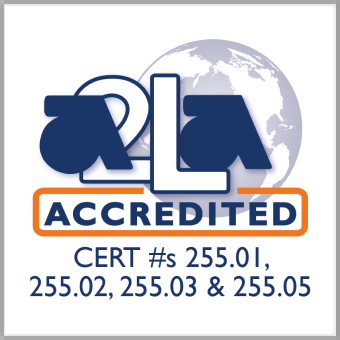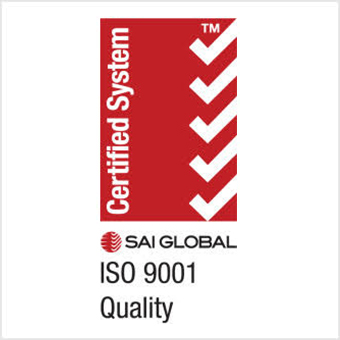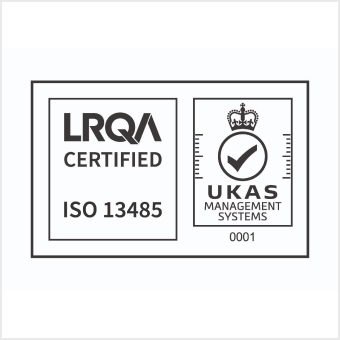Determining the state of cure of elastomeric materials is becoming more and more important to today’s material development companies and parts manufacturers. Quality Assurance Managers, Production Managers and Material Development Engineers are under increasing pressure to determine a material’s performance and service life. ARDL has expanded upon its industry leading experience in testing, analysis and material characterization with the inclusion of its updated Time Domain (TD) Nuclear Magnetic Resonance (NMR) capabilities.
These expanded capabilities can assist customers in finding the cross link density (state of cure) of rubber samples, measuring the crystallinity of plastic materials and also determining the amount of plasticizer in plastic materials. Using the Hahn Experiment in which a molecular probe for measuring the mobility of protons is utilized, ARDL is capable of determining the properties of a material from the T2 relaxation time. This relaxation time relates to the aging and effect of cure conditions facilitating the understanding of the state of cure from a molecular basis, thus assisting quality assurance experts to make necessary product/process evaluations and/or improvements. ARDL utilizes a Bruker Minispec mq20 with test temperature capabilities from room temperature to 200°C.
Sample sizes as small as 1/4" can be prepared from molded parts or components utilizing ARDL’s unique sample preparation techniques particularly when not much material is available from a field failed part or when limited amounts of new materials are available.



